The majority of people remain in the dark about how Google’s algorithm operates. It’s not surprising, given that it works behind the scenes, taking into account unknown factors for those without SEO expertise.
In essence, Google uses coding languages to interpret information about web pages. However, since coding and data are complex concepts, it’s difficult to determine how to appeal to Google.
But don’t worry, it’s time to demystify it. Meta tags are one of the factors that impact a website’s SEO. We will explain what meta tags are and how to use them to your advantage.
What are meta tags?
Meta tags are HTML commands that help search engines interpret a webpage’s content, making them key players in SERP optimization.
They remain invisible on the page, but can be identified by search engine results pages.
Why does Google need to understand these commands? Simply put, they are used to rank websites and display featured snippets; furthermore, they can also prevent specific pages from being indexed.
As Google values user experience above all else, it strives to ensure that web pages presented on the SERP are properly optimized.
The main meta tags in SEO
Canonical tags can facilitate Google in distinguishing original content from copies. Businesses mistakenly make pages with identical content but different URLs, which confuses the algorithm and it has difficulty recognizing which page should be indexed and which should be omitted.
Another type of duplication is setting up a seperate mobile and desktop website version; this, however, carries a penalty from Google. There are more effective means to make a responsive site.
To add a canonical meta tag to your page, put in this HTML code:
<link rel=”canonical” href=”http://yoursite.com” />
It should be kept in mind that Google may not always adhere to the suggestion. The most ideal solution is to steer clear of replicating content.
Meta Description

Meta descriptions serve as brief summaries beneath links on search result pages, offering users a preview of content. While they don’t impact SERP rankings, clear and concise meta descriptions enhance the user’s snippet experience, boosting click-through rates. Limited to 140 characters, these descriptions should be original, not directly copied from the text. Insert a meta description into your HTML manually using the following code:
<head> <meta name="description" content="This serves as an example of my meta description."> </head>
Title Tag
The title tag, or SEO title, directly influences site optimization and search engine rankings. Unlike other tags, it’s visible to users and appears as the titles of links. It informs users about the content they’ll find upon clicking. To optimize for a specific keyword, place it at the beginning of your title tag. Follow these practices for an optimized title tag:
- Maintain 50 to 60 characters.
- Position the keyword at the start.
- Avoid disjointed words.
- Don’t lead with the company name.
Include your title tag in your HTML using this code:
<head> <title>Example Title</title> </head>
Meta Robots
Meta robots tags issue commands for Google’s robots to understand your page’s intended actions. Examples include Follow/Nofollow for page tracking, Index/Noindex for page indexing, Nosnippet to conceal page descriptions in results, and Noarchive to prevent caching. Integrate meta robots into your HTML with the code:
<meta name="robots" content="noindex, nofollow">
Header Tags:
Header tags organize articles and blog content, improving readability. Tags like h1, h2, h3, and h4 denote the importance of each section. Use h1 for titles, h2 for main subtitles, and h3 for categorizing subsections within h2. Apply them in your HTML as follows:
<h2>Main Meta Tags in SEO</h2>
Understanding meta tags becomes more accessible as you delve into SEO. With a grasp of their importance, kickstart your site optimization!
References: Moz





